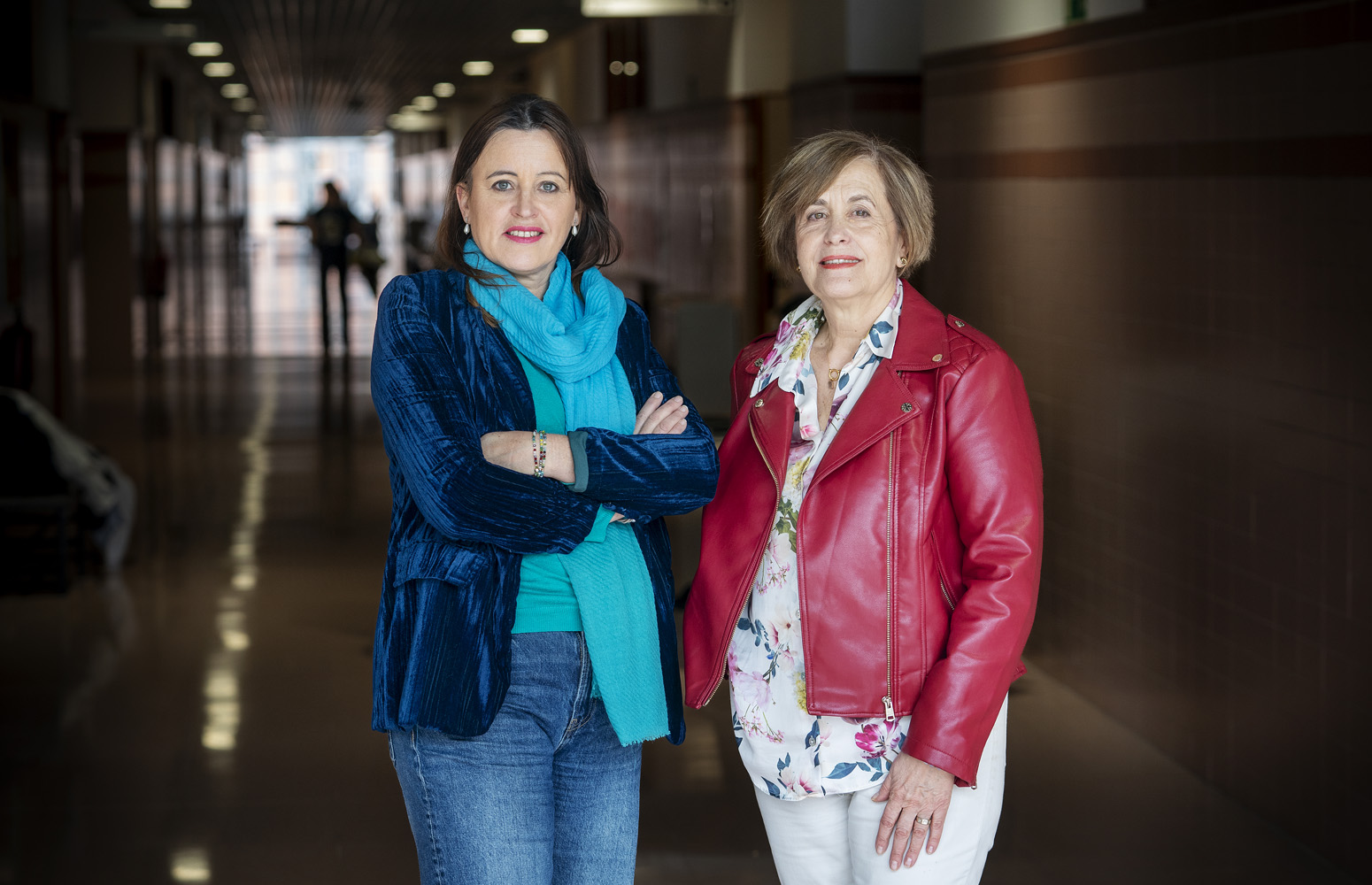To what extent do "replacement schemes" to substitute existing household appliances for new, more efficient equipment make sense? A study conducted by the UPV/EHU’s Life Cycle Thinking Group and Ekopol concludes that using renewable energy in household appliances would delay the need to replace them for environmental reasons until they have been in use for 30 years.
Optimal useful service life of household appliances analysed to cut environmental impacts
A study by the UPV/EHU-University of the Basque Country shows that it is more efficient to invest in renewable energies than in "replacement schemes" for household appliances
First publication date: 07/07/2022

The high energy consumption by the society we live in prompts the proposing of solutions to reduce CO2 emissions by using new, more efficient technologies. But can environmental impacts be reduced during the use phase? To what extent do "replacement schemes" to substitute existing household appliances for new, more efficient equipment make sense? Until now, little attention has been paid to understanding the optimal operating period of household appliances in order to reduce greenhouse gas emissions.
To address the gap that has existed so far, the UPV/EHU’s Life Cycle Thinking Group and Ekopol have been analysing, through the Master's Degrees in Circular Economy and in Project Management, the equivalent CO2 impact of three representative household appliances, such as microwave ovens, dishwashers and washing machines, during their entire life cycles. So from the moment they are manufactured, their subsequent use and end of life, including dismantling and recycling, are taken into consideration. "For the three cases we calculated the necessary efficiency that new appliances must have to replace the existing ones for environmental impact-reducing reasons," said Ortzi Akizu-Gardoki, researcher in the UPV/EHU’s Life Cycle Thinking Group and one of the authors of the study.
"To come up with appropriate guidelines designed to reduce impact, we analysed the current situation and compared it with four hypothetical scenarios focusing on material efficiency, recycled material, renewable electricity and responsible consumption," explained Akizu. “That way we were able to quantify the possible reduction in impacts, irrespective of whether they were to be found in the manufacture, use or end-of-life of the product, and assess more efficient alternatives.”
A new “Class A” household appliance versus renewable energy
“In our comparative analysis," said Ortzi Akizu, "we found that electricity consumption during the use phase of household appliances is the main factor contributing towards greenhouse gas emissions. In addition, "we saw that the application of measures within the Circular Economy can potentially reduce the greenhouse gas emissions of household appliances. In particular, it is possible to achieve CO2 emission reductions of up to 68% for microwave ovens, 76% for dishwashers and 61% for washing machines. These improvements are achieved thanks to the combination of a renewable energy mix during the use phase and a 10% reduction in energy consumption as a result of responsible use", added the UPV/EHU researcher.
However, "the environmental improvements achieved are accompanied by an increase in the number of years of use of the existing appliance before it is replaced with a new energy-efficient appliance. In fact, when a 100% renewable energy mix is applied during the use phase, the replacement with a 'class A' microwave oven, a dishwasher and a washing machine would only be environmentally preferable after 24.4, 19.3 and 28.5 years, respectively," said Akizu. "If the energy consumed during use is reduced by 10 % as a result of responsible consumption habits, these time periods are extended to 30.3, 26.2 and 33.9 years, respectively," Ortzi Akizu stressed.
So this study shows that in order to move towards reducing CO2 emissions, it is more efficient (environmentally speaking) to invest in renewable energies than in "replacement schemes" for household appliances. "All these results can help the manufacturing sector, policy makers and members of the public to promote environmentally sustainable production and consumption models," concluded Ortzi Akizu.
Bibliographic reference
- Optimal operational lifespan of household appliances considering manufacturing and use stage improvements via life cycle assessment
- Sustainable Production and Consumption, Volume 32, July 2022, Pages 52-65
- DOI: 10.1016/j.spc.2022.04.007





